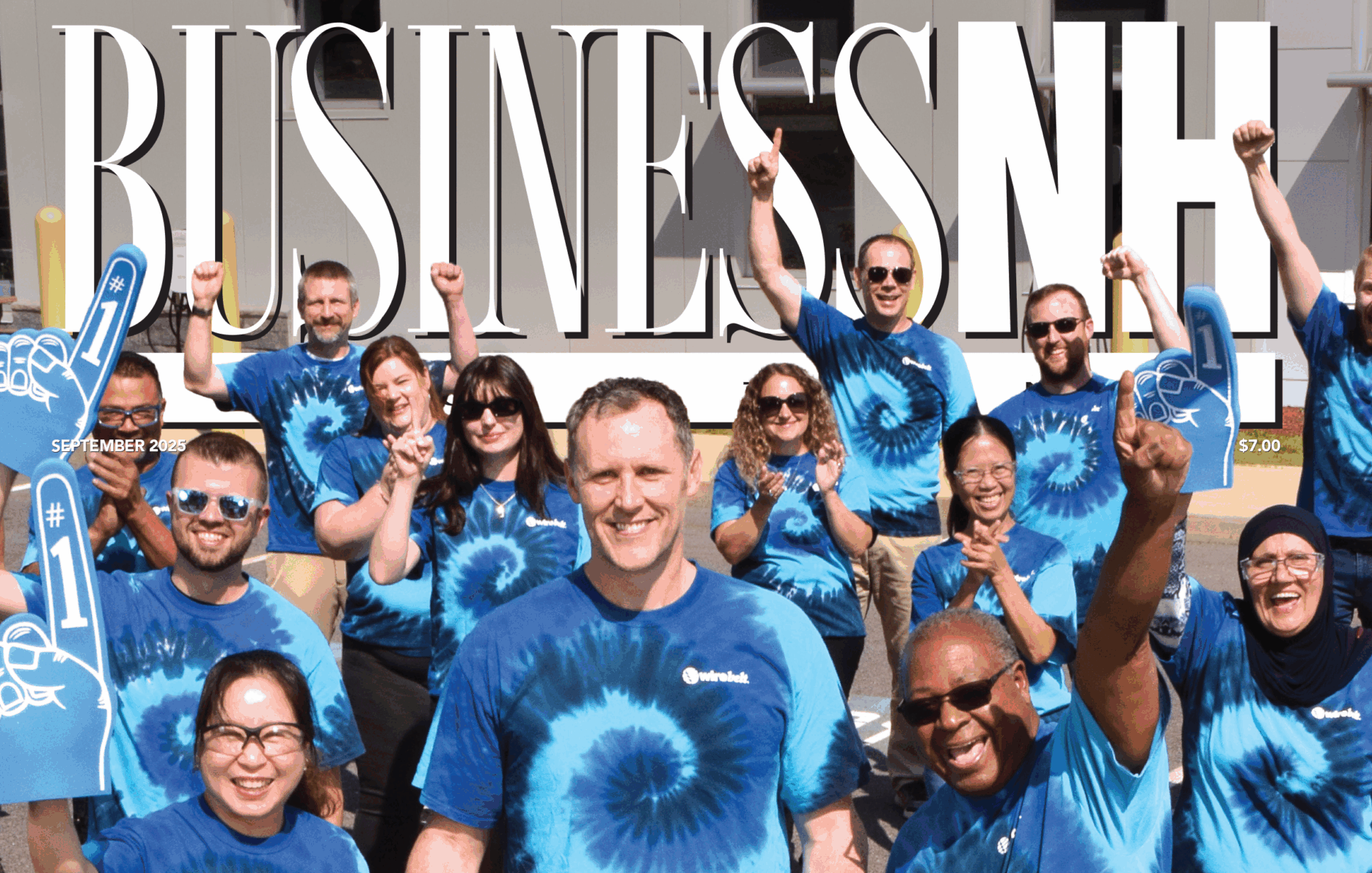
As I sit here scrolling through the latest CBS basketball scores, I can't help but reflect on how dramatically sports consumption has evolved in our digital age. I remember when checking scores meant waiting for the morning newspaper or catching the late-night sports segment on television. Now, with platforms like CBS Sports providing real-time updates, we're living in an era where basketball enthusiasts can track every basket, every turnover, and every momentum shift as it happens halfway across the world. This immediacy has fundamentally changed how we experience the game - turning casual viewers into invested followers who can discuss performances and strategies while the sweat is still fresh on the court.
Just yesterday, I found myself completely absorbed in the Korean Basketball League action, specifically tracking Anyang Jung Kwan Jang's matchup against Ulsan Hyundai Mobis Phoebus. The game at Dongcheon Gymnasium on Tuesday ended with a decisive 90-72 victory for Ulsan, and what struck me was how accessible these international games have become through platforms like CBS. I've noticed that following these scores regularly gives me unique insights into team patterns and player developments that I wouldn't otherwise catch. For instance, seeing Javi Gomez de Liaño's modest four-point contribution in that Game Two defeat made me reflect on how even talented players can have off nights against determined opponents.
The beauty of modern score tracking lies in its democratization of basketball intelligence. Where once only scouts and analysts had immediate access to comprehensive game data, now any dedicated fan can develop sophisticated understanding of team dynamics and player form. I've personally used these real-time score updates to identify betting opportunities, though I should note that my success rate hovers around 58% - not professional level by any means, but enough to make game-watching more engaging. The specific numbers from that Anyang versus Ulsan game tell a story beyond the final score: the 18-point margin suggests either defensive breakdowns or offensive stagnation, likely both, and Gomez de Liaño's four points represent a significant underperformance relative to his season average of approximately 14 points per game.
What many casual observers miss when glancing at scores is the narrative hidden within those numbers. That 90-72 result didn't just happen - it developed through specific matchups, coaching decisions, and momentum swings that dedicated fans can reconstruct through quarter-by-quarter scoring updates. I've found that the most rewarding way to use platforms like CBS isn't just for the final result, but for tracking the game's evolution. When I see a team like Ulsan maintaining consistent scoring across quarters while their opponents struggle in the third, it reveals coaching adjustments and defensive schemes that casual viewers might overlook.
My personal approach to following basketball has been transformed by these digital tools. I typically have multiple devices running different games simultaneously, creating my own command center during peak basketball hours. This might sound excessive, but it's allowed me to notice patterns that inform both my recreational betting and fantasy league decisions. For example, I've observed that teams coming off back-to-back games tend to underperform in the fourth quarter by an average of 4-6 points, though this varies significantly by roster depth and travel schedule. The accessibility of international leagues through platforms like CBS has particularly enriched my understanding of global playing styles and talent development pipelines.
The practical applications extend beyond personal enjoyment. As someone who occasionally contributes to basketball analysis platforms, I've used real-time score data to identify emerging trends before they become mainstream talking points. When a player like Gomez de Liaño - who shot 42% from three-point range last season - puts up only four points in a crucial game, it signals either defensive attention or personal struggles worth investigating further. These moments become opportunities for deeper analysis that can inform everything from fantasy sports decisions to more serious talent evaluation.
There's an undeniable thrill to watching scores update in real-time during close games, but the educational value extends far beyond entertainment. Following scores systematically has taught me more about basketball strategy than any coaching manual could. I've learned to recognize how specific score patterns - like a team consistently outperforming in the third quarter - often reflect coaching adjustments rather than random variance. The data suggests teams with strong third-quarter differentials win approximately 72% of their games, though I should verify that statistic more carefully before betting my savings on it.
What continues to impress me is how platforms like CBS have managed to balance comprehensive data with user-friendly presentation. The clean interface belies sophisticated data processing happening behind the scenes, compiling information from countless sources to deliver coherent narratives through numbers. As someone who remembers the chaotic early days of online sports coverage, the current reliability and speed feel almost miraculous. I've come to depend on these updates not just for entertainment, but for maintaining informed perspectives in basketball discussions with fellow enthusiasts.
Ultimately, the value of staying updated with CBS basketball scores transcends mere fandom - it represents participation in a global conversation about the sport we love. Each score update, each statistical line, each real-time development connects us to the living, breathing entity that is professional basketball worldwide. Whether tracking a blowout like Ulsan's 90-72 victory or a nail-biting buzzer-beater, these numbers form the vocabulary through which we articulate our understanding and passion for the game. They've certainly enriched my appreciation for basketball's nuances, and I suspect they'll continue to do so as the technology and coverage evolve further.
Notifications
Pba Basketball Betting OddsCopyrights